
Empowering Women Through Financial Awareness and Education
OECD Working Papers on Finance, Insurance and Private Pensions No. 14
Read or listen offline
Amazon KindleRecommendation
Economic experts Angela Hung, Joanne Yoong and Elizabeth Brown reach some disturbing conclusions: An enormous chasm separates how much women know about money compared to how much men know about it. Worldwide, the most vulnerable women – widows, the elderly and the poor – are even more at risk due to their lack of financial savvy. Gender-based disparities in “financial literacy” raise problems for entire economies, but many governments don’t regard these issues as important. Reporting for the Organisation for Economic Co-operation and Development (OECD) and its International Network on Financial Education (INFE), the authors present an array of sobering facts and trends based on their analyses of studies and surveys from dozens of countries. Hung, Yoong and Brown find that women learn about financial matters and value money differently than men. They describe the worrisome deficit in female fiscal understanding, and they propose solutions. getAbstract recommends this detailed report to economists, and to those involved in nonprofits or policy studies that benefit women.
Summary
About the Authors
Angela Hung, Joanne Yoong and Elizabeth Brown are economists at the RAND Corporation, a nonprofit global-policy think tank.








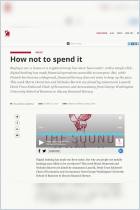
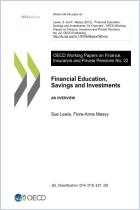
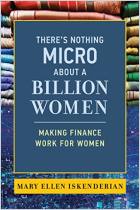
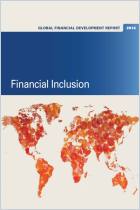

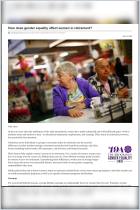




Comment on this summary